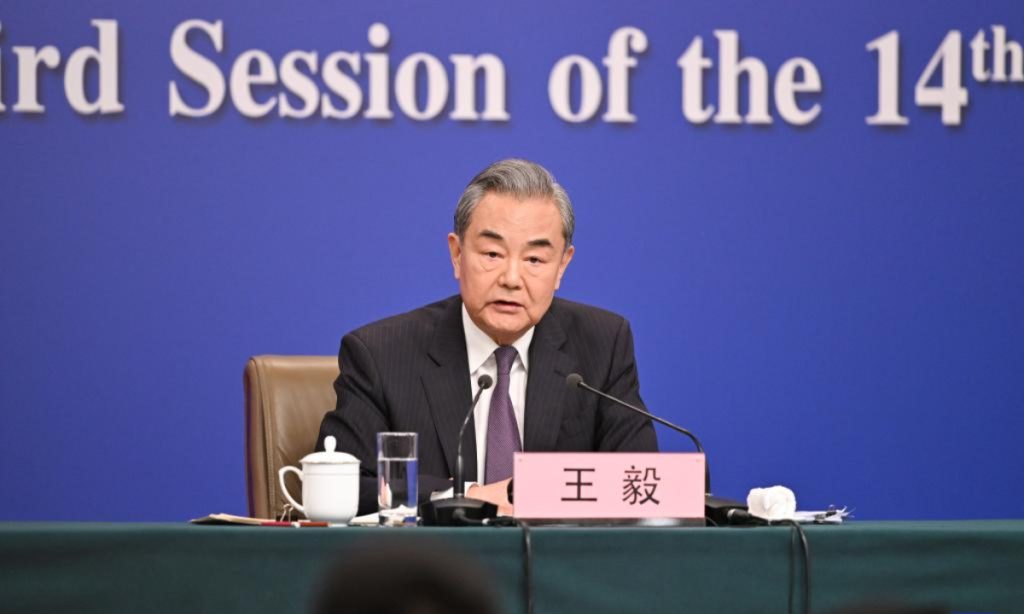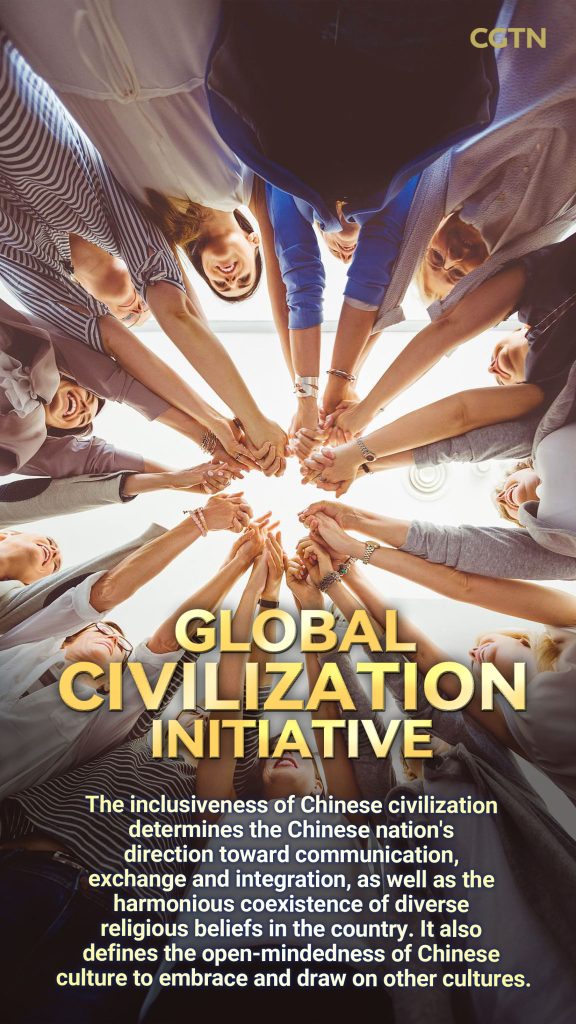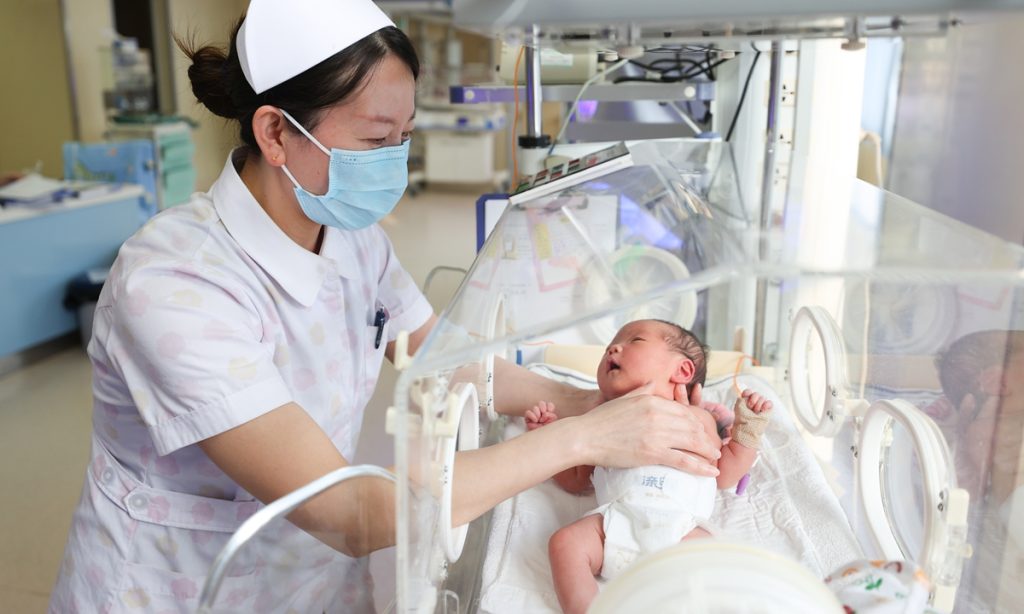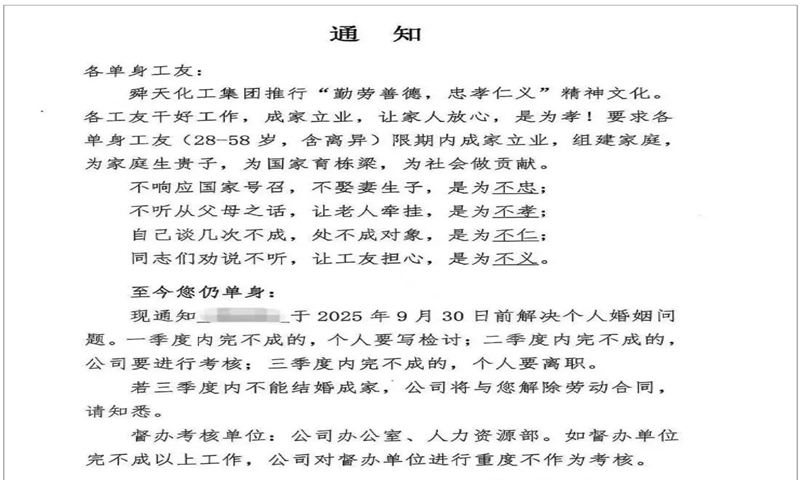Duterte's fate draws global attention after being forced onto plane to The Hague
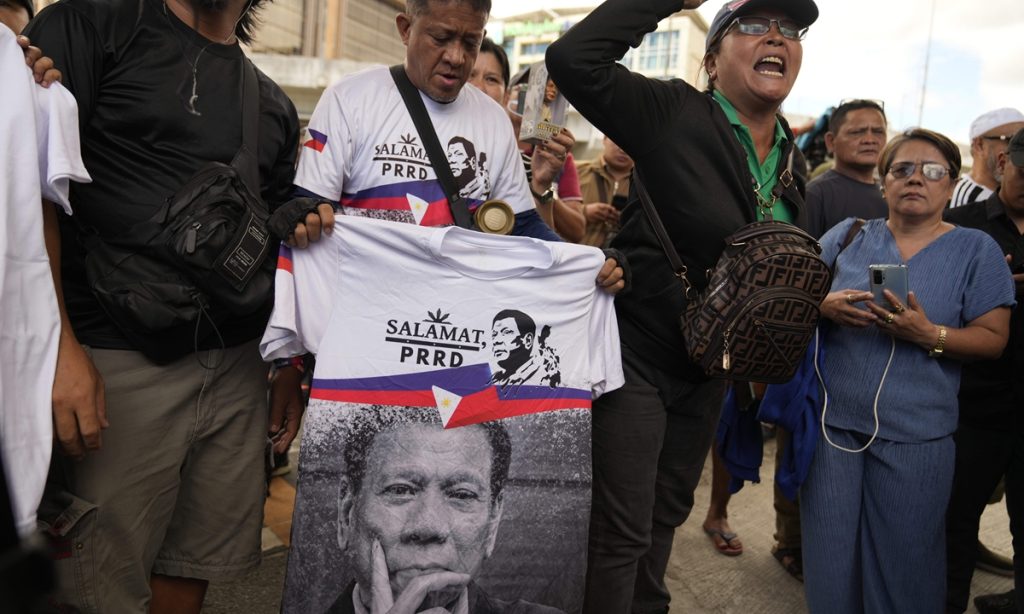
Former Philippine President Rodrigo Duterte is reportedly to arrive in the Netherlands amid charges related to his crackdown on drugs, the Philippine media Inquirer reported. Duterte will be taken to the International Criminal Court's (ICC) detention unit after landing, where he will be readied for an initial appearance before the court's judges, according to media.
"They are taking him out on a plane by force without considering his health conditions," the former president's youngest daughter Veronica Duterte wrote on Instagram. Duterte was placed on a flight late on Tuesday and the plane that brought Duterte to Dubai en route to the Netherlands took off after a stopover of several hours on Wednesday, AFP reported citing a flight tracking site.
Zhou Shixin, a research fellow at Shanghai Institutes for International Studies, told the Global Times that Duterte may soon face the evidence presentation process at the ICC. Since the Philippines is not a member state of the ICC, the evidence has to be provided by the Philippine authorities, which is likely to be unfavorable to Duterte.
Vice President Sara Duterte on Wednesday departed Manila to join her father, according to the Office of the Vice President (OVP).
Veronica "Kitty" Duterte, the youngest child of Duterte, on Wednesday asked the Philippine Supreme Court to compel the government to bring her father back to the country after he was arrested by the ICC, according to the Inquirer.
Attorney Salvador Panelo, the former president's legal counsel, and his son Attorney Salvador Paolo Panelo Jr. filed a writ of habeas corpus before the Supreme Court with Kitty Duterte as the petitioner. The younger Panelo said that the grounds for the petition are the lack of jurisdiction of the ICC over the country and the basis of the extradition treaty.
Malacañang Palace, the official residence and office of Philippine President Ferdinand Marcos Jr, on Wednesday thumbed down Vice President Sara Duterte's remark likening the arrest of her father to a "state kidnapping," Philippine media ABS-CBN reported.
At a press briefing on Tuesday night, Philippine President Marcos Jr. defended the Philippines' decision to send Duterte to the ICC, saying his arrest was done "in compliance with our commitments to the International Criminal Police Organization (Interpol)."
He said, "Interpol asked for help, and we obliged because we have commitments to the Interpol which we have to fulfill. If we don't do that, they will not - they will no longer help us with other cases involving Filipino fugitives abroad," according to the Presidential Communications Office.
Some netizens in the Philippines have expressed clear indignation. On a social media platform, one netizen remarked, "The ICC has no right to apprehend a citizen of the Philippines."
Former Philippine Gabriela Rep. Luz Ilagan, who served as social welfare undersecretary under the Duterte administration, described the arrest as "sheer audacity and a blatant abuse of power," according to the Inquirer.
Zhou believes that the public's complex sentiments in the Philippines are understandable. "Many Filipinos perceive the move as inviting external intervention into internal conflicts, and the former president still enjoys significant support among the populace. Unfortunately, as a sovereign nation, the Philippines fails to fulfill its obligation to protect its own citizens," he stated.
